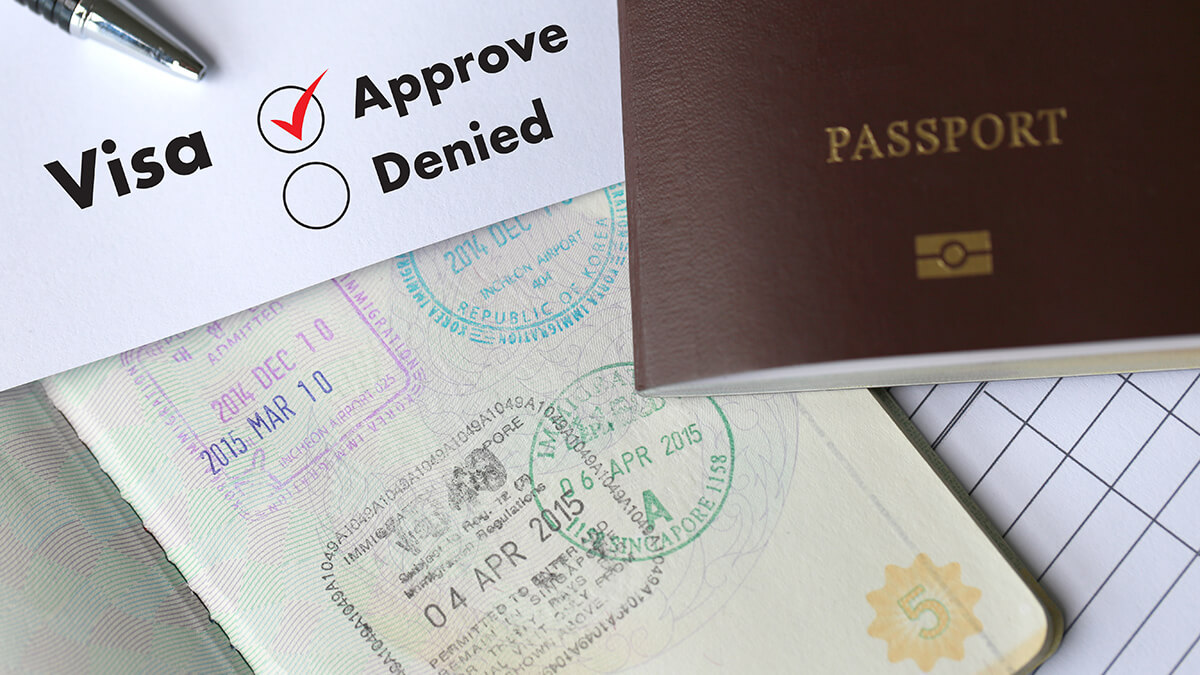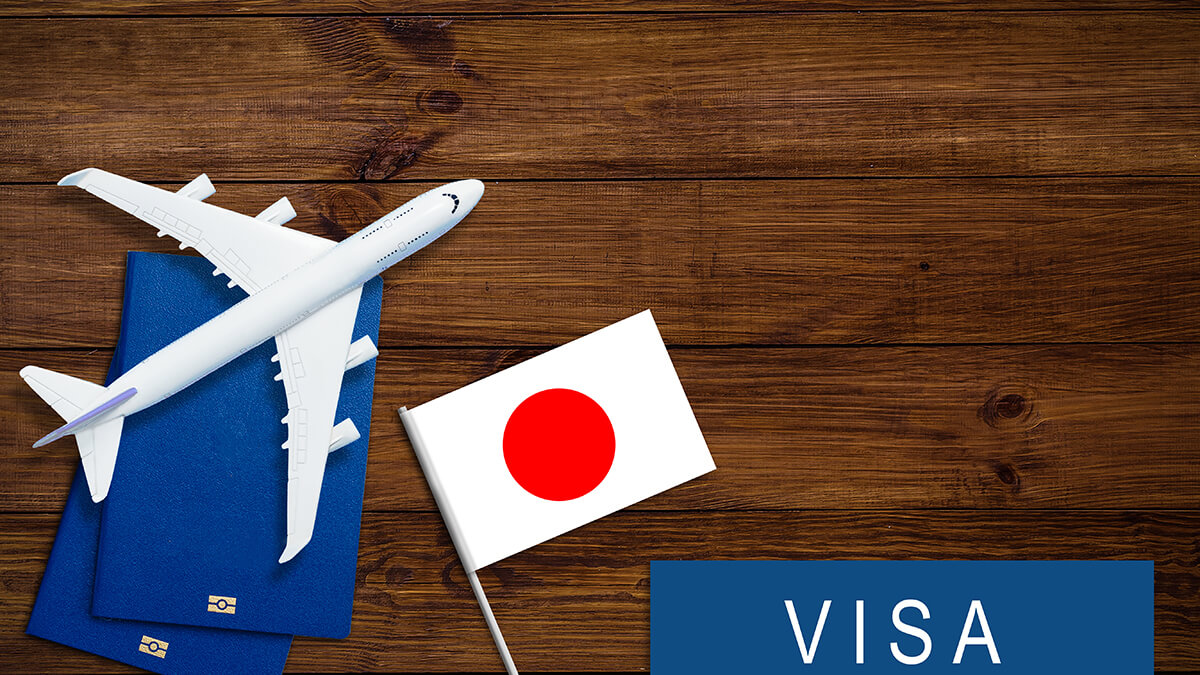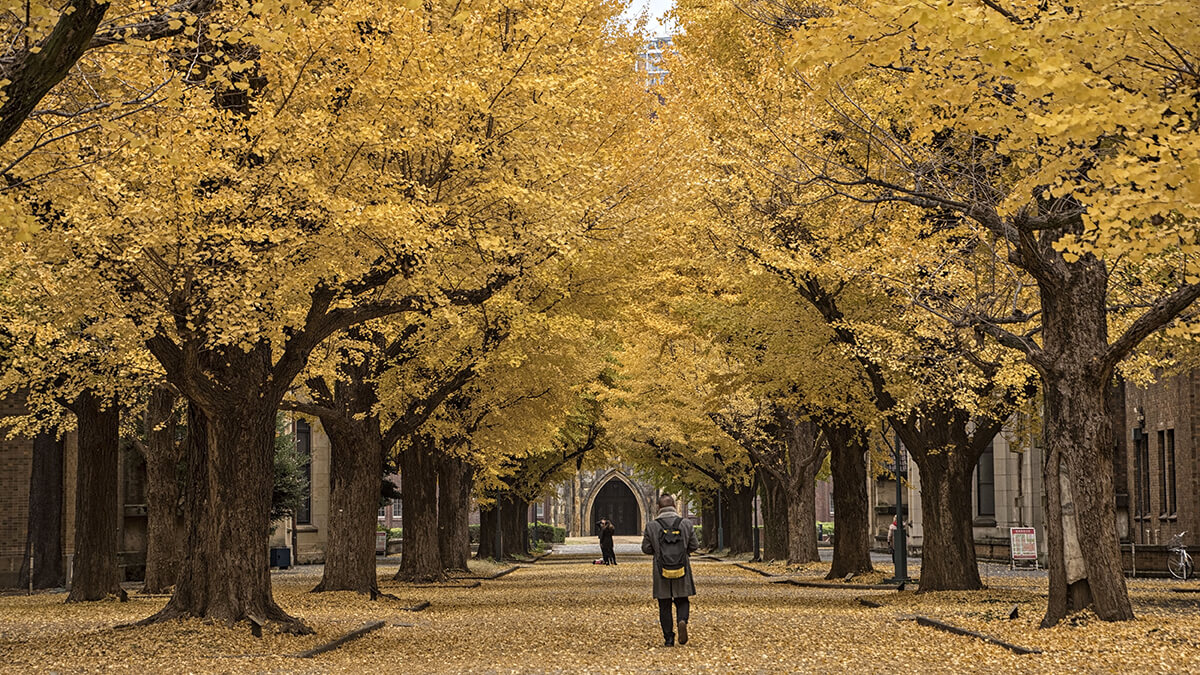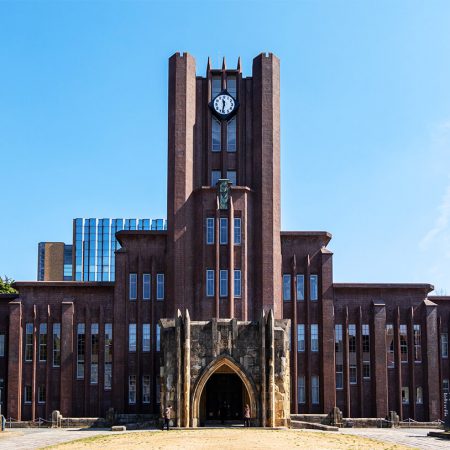What Are the Documents Needed to Apply for a Student Visa in Japan?

Applying for a student visa in Japan can be nerve-wracking. I was in the very same boat a few years ago, in my early 20s, thinking about my dream of studying and working in the Land of the Rising Sun while my mind was filled with a lot of uncertainty.
I had to ask myself: can I do it? Do I have the will to commit to my plans? Have I saved enough money to fund my studies? Once I decided my Japan dream weighed more than my doubts and fears, I began the process of my student visa application ASAP.
There was no turning back at this point. If you find yourself feeling the same way as I did, I can assure you now that studying in Japan is something I don’t regret.
It’s rewarding to finally fulfill a dream I’ve been wanting since I was a kid. If anything, I realized I should have done it sooner!
Table of contents
Documents for Student Visa Applications

Here’s a list of documents you need to present in order to apply for a student visa in Japan:
1. Completed Application Form
Once you’ve chosen a Japanese school you want to apply for, you will be required to fill out an application form containing your personal information, educational background, work history, and the reason/purpose for your study in the country.
If you are not currently employed, you can write “preparing to study in Japan” under the space delegated for the occupation. There’s also a section for previous Japanese study. If you have studied on your own so far, write down “self-study”.
2. Passport-Size Photo
Generally, you will need to take a passport-style photo on a plain background (3 cm wide by 4 cm high). It is recommended that you remove your glasses if you are wearing one, such as in my case, and try not to smile for the said photo.
The photo you’ll submit must be taken within the past three months. It should also not be the same picture used in your passport photo or any other kind of ID.
3. Passport Copy
You will have to scan a copy of the main page of your passport. If you have been to Japan before, include copies of your previous entry and exit stamps.
I’ve visited Japan before on a 90-day temporary visitor visa. When the immigration knew of this, they seemed convinced that I was worthy of being granted a student visa. I guess having previous records gives off a great impression!
4. School Diploma And/Or Transcripts
Many of the schools in the country require you to send an official diploma from the school you graduated from. If you haven’t graduated from university, you may be unable to get a working visa in Japan since a bachelor’s degree is one of its minimum education requirements.
If you’re like me whose goal is to stay and work here on a long-term basis, do plan ahead. I had finished my bachelor’s degree in my home country with flying colors and expressed interest to pursue higher education in Japan.
5. Proof of Japanese Study (If Applicable)
Provide sufficient proof such as a course completion certificate or a letter from a language school to prove that you have been immersed in Japanese studies.
If you have passed any level of the Japanese-Language Proficiency Test (JLPT), hand in a copy of the results. This is also one way to further boost your student visa application.
About Sponsorship

Studying in Japan by means of a student visa means someone has to sponsor you. The majority of the students take up part-time jobs, but it’s still considered a must for sponsors to financially cover your stay in the country.
Here are two sponsorship options you can consider:
1. Family Member Sponsor
Considered as the easiest option, the immigration officials are likely to help you process your visa seamlessly if they know the relationship between you and your listed family member is strong. Although it’s possible for anyone to be a sponsor, there would be a lot of paperwork needed and the visa approval status won’t be guaranteed for a non-family member.
2. Self-Sponsor
If you have enough savings to show you can cover the school tuition and other expenses for the duration of your study, you can opt to be a self-sponsor. Do note that the financial requirements may be stricter for this.
To qualify as a sponsor, the designated person (either someone else or yourself) has to show proof that they have a certain amount of money in the bank account.
Respectively, this depends on the length of student visa you are applying for: 1.5M JPY for 6 months and 2.5M JPY for a 1-year student visa. The money can be shown through savings or annual income through earnings.
Sponsor’s Documents

1. Proof of the Sponsor’s Employment and Income
You will need proof to show that your sponsor is currently employed. An official letter with the company’s letterhead will be sufficient, with the content stating their position in the company as well.
Your sponsor’s salary information can also be included in the form of pay stubs or tax forms. The Immigration Bureau is keen on knowing the annual income, but monthly salary information may also be acceptable.
2. Sponsor’s Bank Balance
Generally, banks can create a bank certificate showing your current account balance for any purpose you deem fit. There are also schools in Japan that accept online bank balance printouts.
3. Other Personal Documents (If Your Sponsor Lives in Japan)
If your sponsor is residing in Japan, they have to submit other personal documents such as proof of residency or jyuuminhyou, proof of tax payments (both national and local) for the past three years, family registry (if they married a Japanese national), and a copy of their residence card.
Other Notes

Do note that this article aims to cover all the basic documents you need if you’re applying for a student visa in Japan for the first time. But if you have a history of a rejected visa application, the required documents may be much longer.
In most cases, the school you are aiming to apply for will need to know this so they can prepare the proper documentation accordingly.
Other schools may or may not have additional requirements. Hence, it’s better to ask your chosen school about their respective requirements for clarification.
Conclusion

I remember my excitement when I finally got my student visa. I felt like a kid who was given my dream toy for Christmas!
Applying for a visa in Japan is not as hard as it sounds. If you have the motivation to turn your plans into reality, seize it. The Land of the Rising Sun presents an abundance of opportunities, if you only know where to seek it.
I believe I have explained almost every document needed to prepare before starting the student visa application process. Hopefully, this article can be of great use.
Make your dreams come true and see you around in Japan!
Motto Japan, the community platform to support foreigners with the foundation for life in Japan, including Japanese study, job opportunities, and housing service. Motto Japan Media will provide a wide variety of information for Japanese fans all over the world, to create a cross-cultural environment and enrich the life of foreign residents in Japan!













Leave a Reply